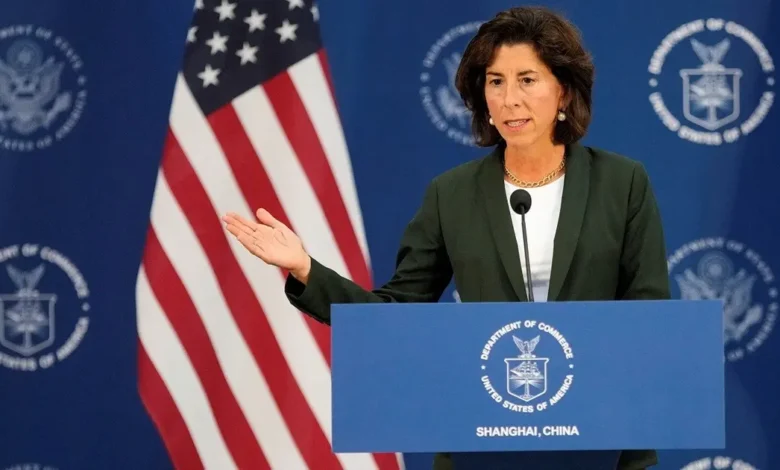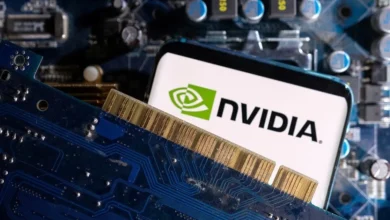Biden Administration chooses 31 tech hubs across country to spur investment

The Biden administration has designated 31 regions across the country as technology hubs, a stamp of approval that’s meant to marshal private capital into core areas of federal investment.
Just a handful of the designees will receive government funding set aside in last year’s Chips Act, a massive government effort to boost US manufacturing of critical electronic components after decades of production abroad. The tech hubs span not just semiconductors but also electric vehicles, critical minerals, biomanufacturing and clean energy — the key prongs of an industrial policy push the administration has branded Bidenomics.
The goal, administration officials say, is to generate economic activity outside of coastal boomtowns like San Francisco — distributing the benefits of government subsidies and some $500 billion in private capital that has flowed into advanced manufacturing since Biden took office. Designees are scattered across 32 states and Puerto Rico.
Those sites have the opportunity to apply for $40 million to $70 million in federal funding, from a total pool of a half-billion dollars — meaning most won’t get monetary support. The Chips Act authorized $10 billion for the program but lawmakers appropriated just 5 percent of that, leaving the Commerce Department with a $500 million pot of money and a stack of around 400 applications.
The agency is treating this round of designations as a pilot, Secretary Gina Raimondo told reporters ahead of Monday’s announcement. The agency will separately award 29 development grants to help applicants — including both designees and those that weren’t selected as tech hubs — prepare for future rounds of funding.
“The importance of tech hubs is not only what we’re investing in, but also where and how we’re investing,” said Lael Brainard, director of the National Economic Council. “America’s economic competitiveness depends on every region of our country, not just those who have historically been seen as technology leaders.”
Two-thirds of the 31 hubs benefit small and rural communities, according to a fact sheet, and a third include labor organizations as key members of the consortium. A handful will be in coal communities, are headquartered in low-population states or include a tribal government.
Raimondo has emphasized in testimony to lawmakers over the past two months that the program needs funding proportional to the interest it’s garnered.
“I have heard from more members of Congress on tech hubs than anything else that I’ve done — it’s unbelievable,” Raimondo said before the House Science Committee in September, after a slew of representatives used their question periods to promote applications from their districts. Before the Senate Commerce Committee this month, she said, “I’ve never seen anything more oversubscribed.”
The administration’s broader industrial policy push includes several other place-based initiatives.
The Pentagon last month awarded $238 million to eight tech hubs to drive investment in chips with military applications, and the Energy Department this month announced $7 billion for seven hydrogen hubs that aim to create clean energy networks that cross multiple state lines. A Commerce pilot program called Recompete will dedicate $200 million to distressed communities where prime-age employment lags behind the national average.










